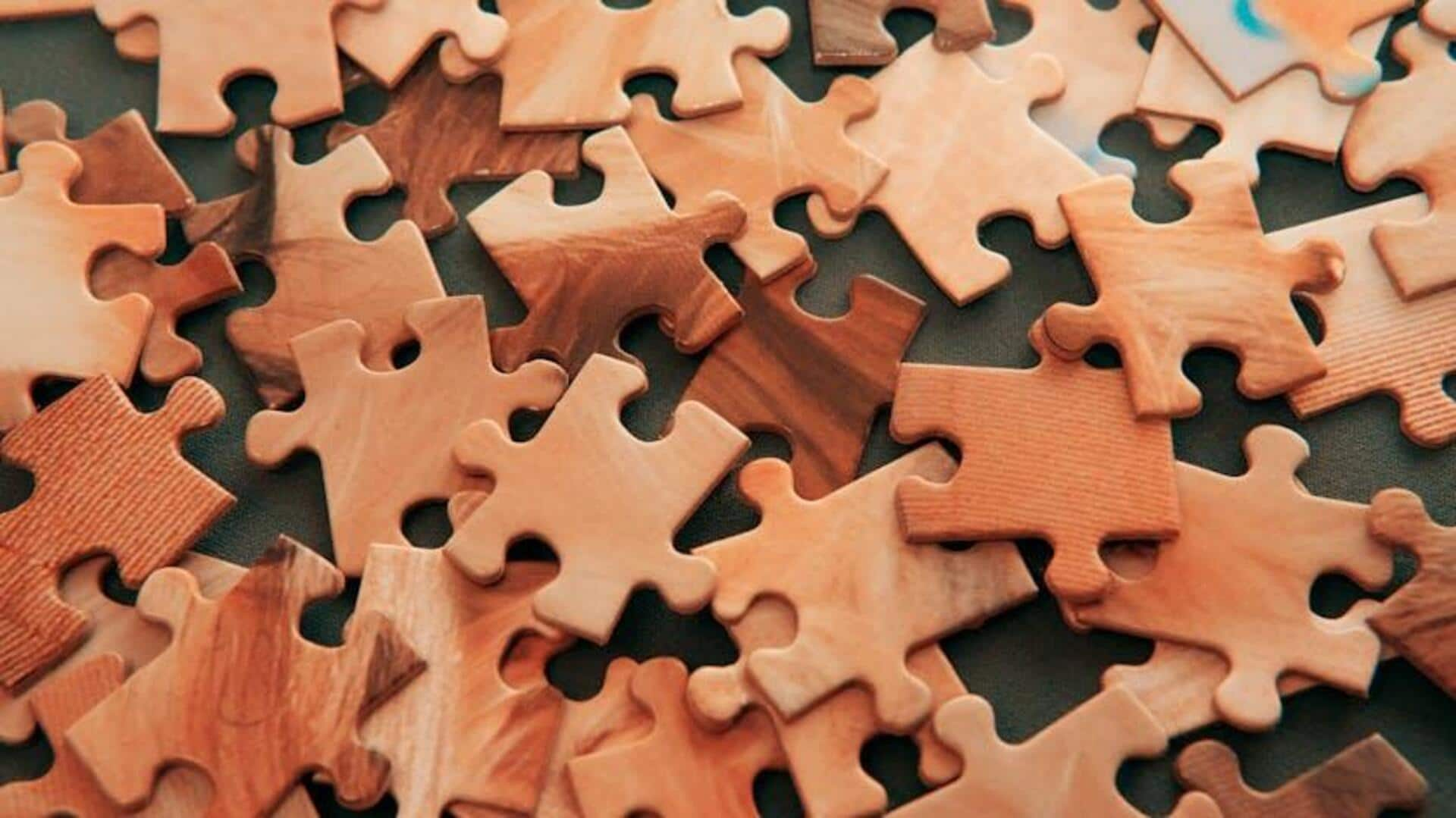
Fun puzzles that improve your child's analytical thinking
What's the story
Analytical thinking is a key skill that helps children solve problems and make decisions. Puzzles are an effective way to boost this skill in young minds. They encourage kids to think critically, improve their concentration, and develop patience. By engaging with puzzles, children learn to approach challenges methodically. Here are five fun puzzles that can help improve your child's analytical thinking.
Tip 1
Jigsaw puzzles for spatial reasoning
Jigsaw puzzles are perfect for developing spatial reasoning skills. As kids put together pieces, they learn to visualize how parts fit into a whole. This activity enhances their ability to understand shapes, sizes, and spatial relationships. It also teaches them patience and persistence as they work through the challenge of completing the picture.
Tip 2
Sudoku for logical thinking
Sudoku is a number puzzle that requires logical reasoning to fill in the grid with numbers from one to nine. It teaches kids how to recognize patterns and make deductions based on given information. Playing Sudoku regularly can significantly improve a child's problem-solving abilities and boost their confidence in handling numerical challenges.
Tip 3
Crossword puzzles for vocabulary building
Crossword puzzles are a fun way to expand vocabulary while also enhancing analytical skills. Kids have to think of words that fit into specific clues and grid spaces, which encourages them to connect ideas and think creatively. This activity not only improves language skills but also boosts cognitive flexibility by challenging them to find multiple solutions.
Tip 4
Logic grid puzzles for deductive reasoning
Logic grid puzzles present a scenario with clues that require deductive reasoning to solve. Kids learn how to analyze information systematically and eliminate possibilities until they arrive at the solution. This type of puzzle is great for developing critical thinking skills, as it encourages children to think logically under constraints.
Tip 5
Tangram puzzles for geometric understanding
Tangram puzzles consist of seven geometric pieces that can be arranged into various shapes without overlapping. These puzzles help kids understand geometry concepts like angles, symmetry, and spatial relationships. By experimenting with different arrangements, children develop creativity along with analytical skills as they discover how different shapes can create new forms.